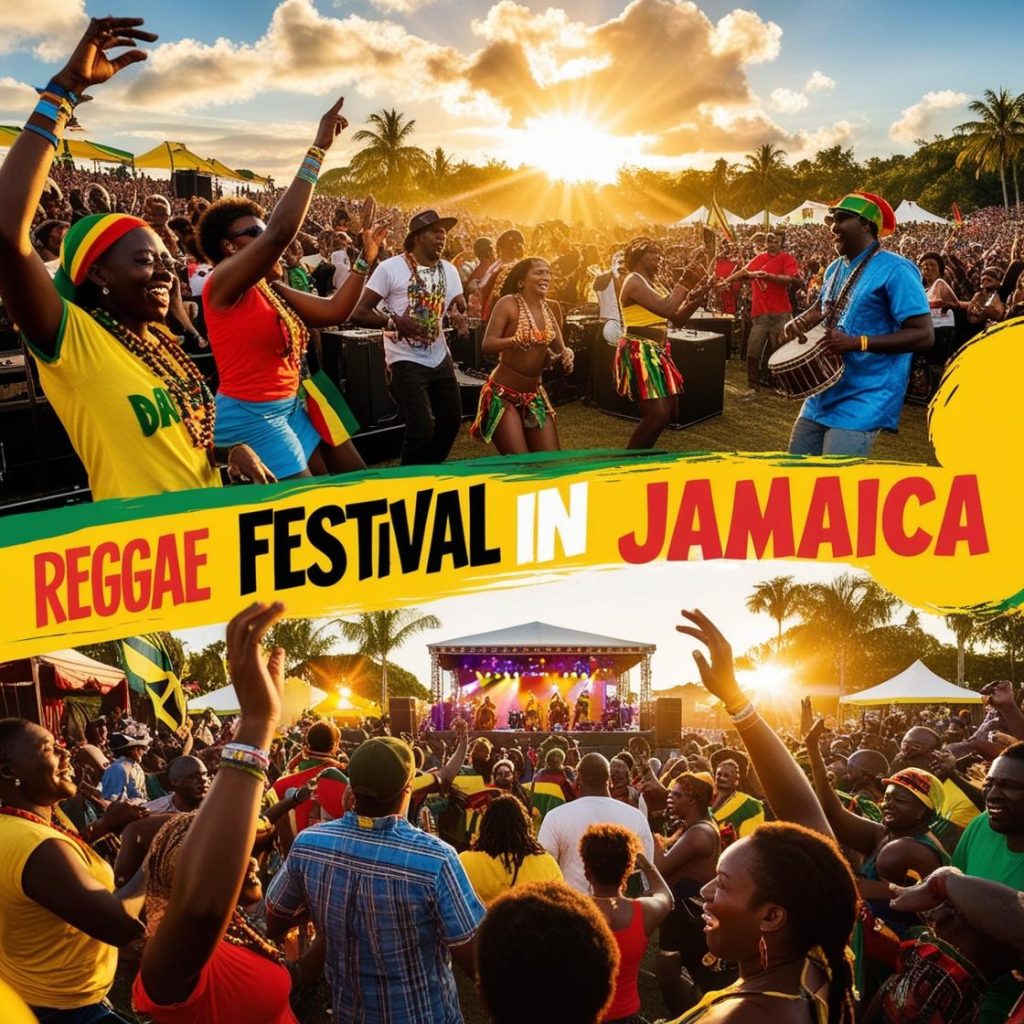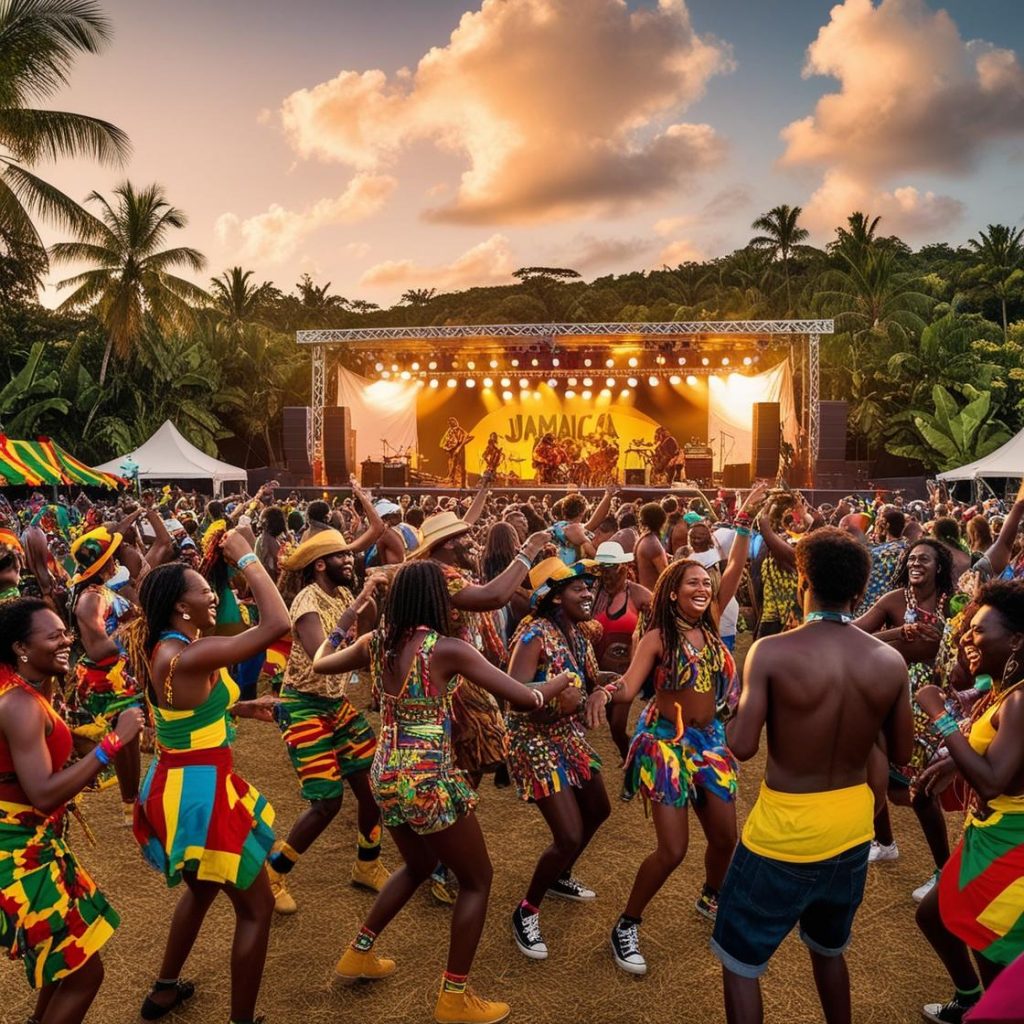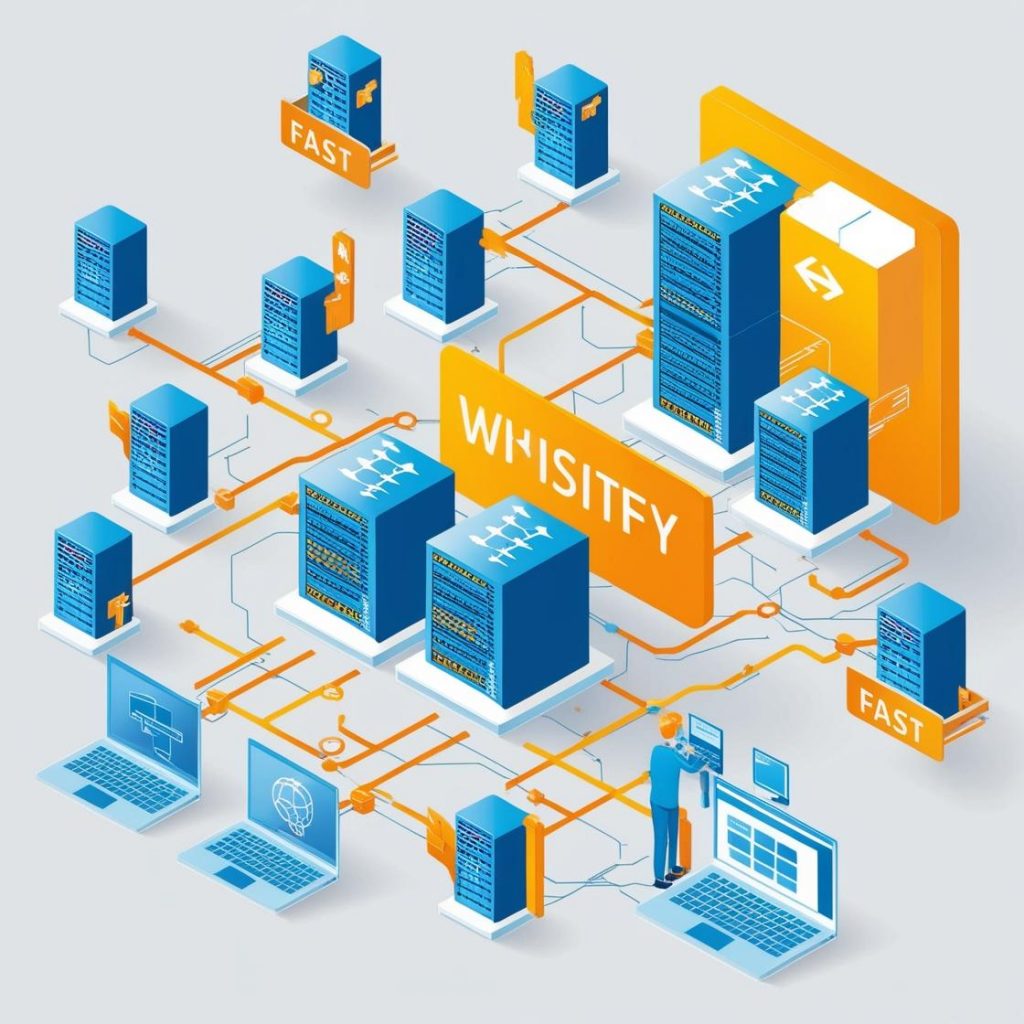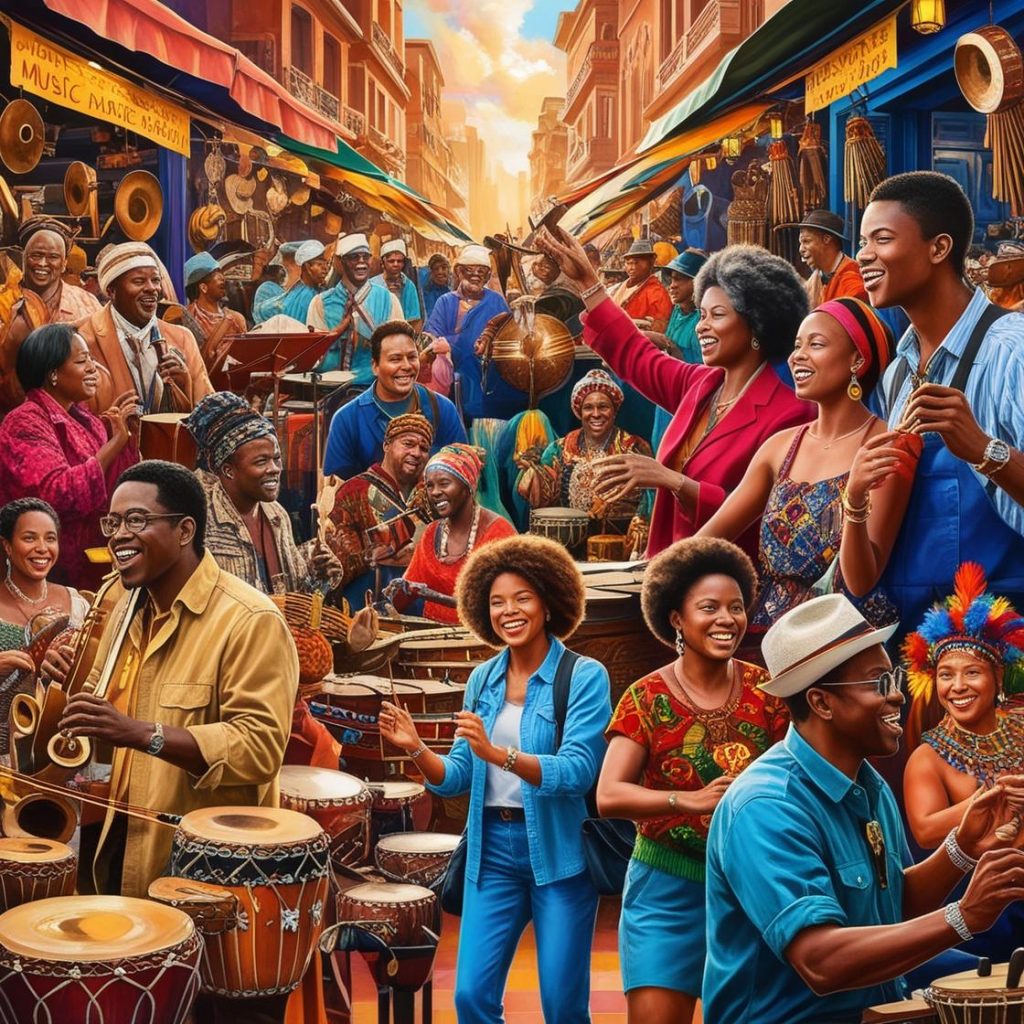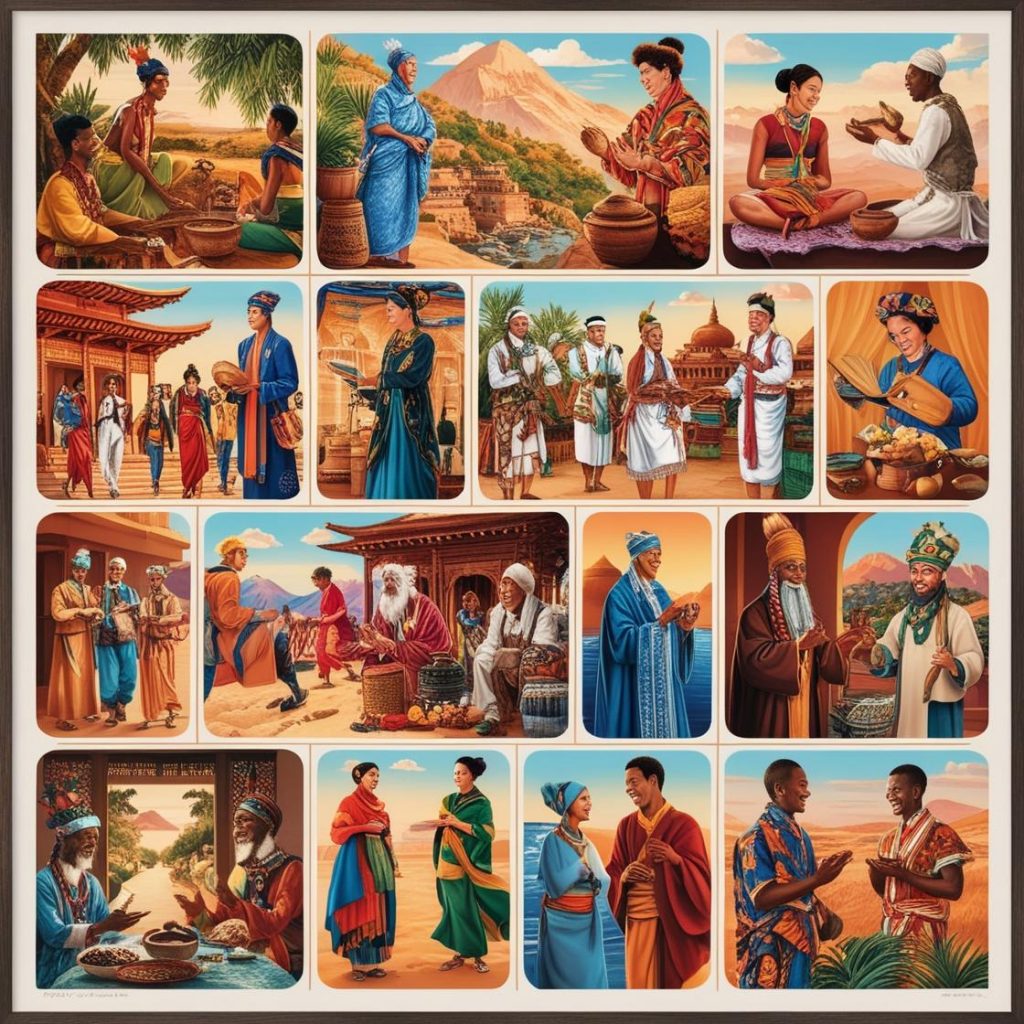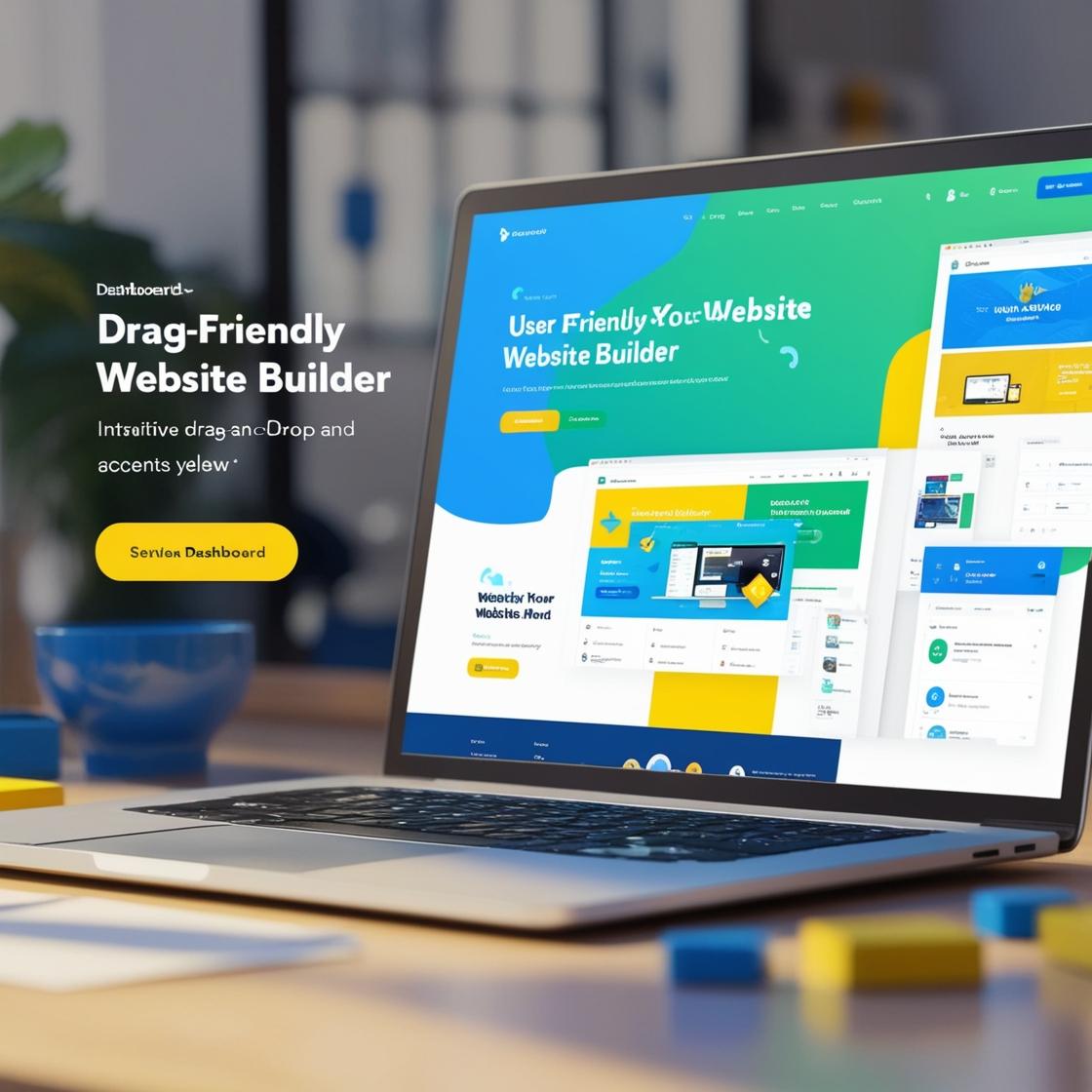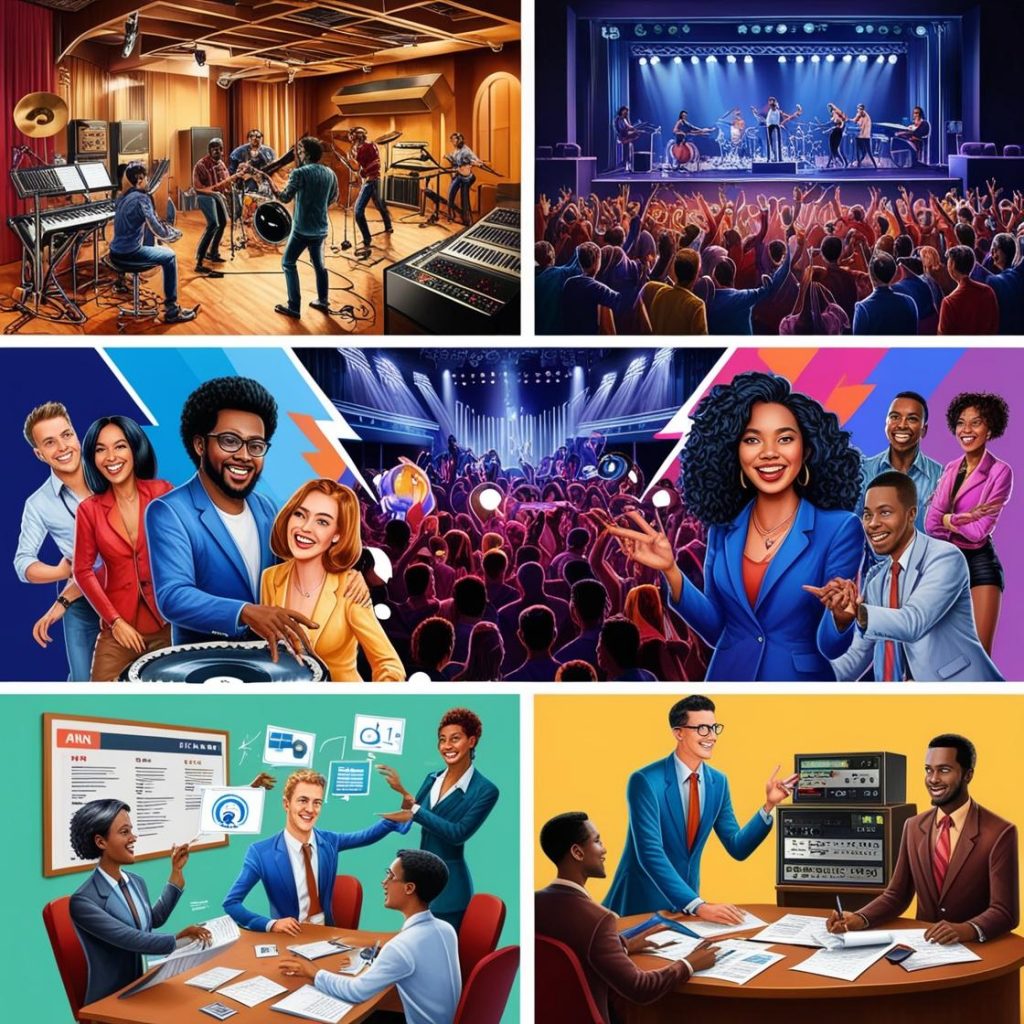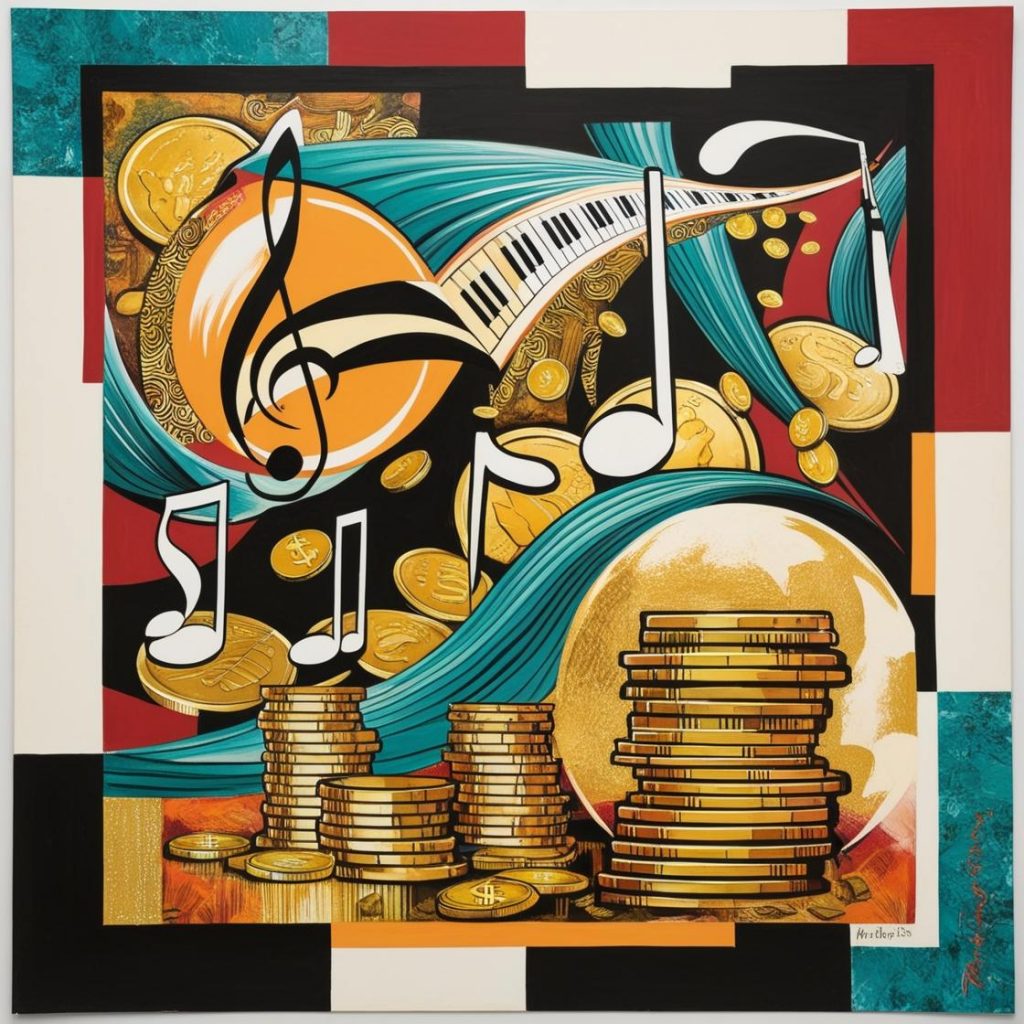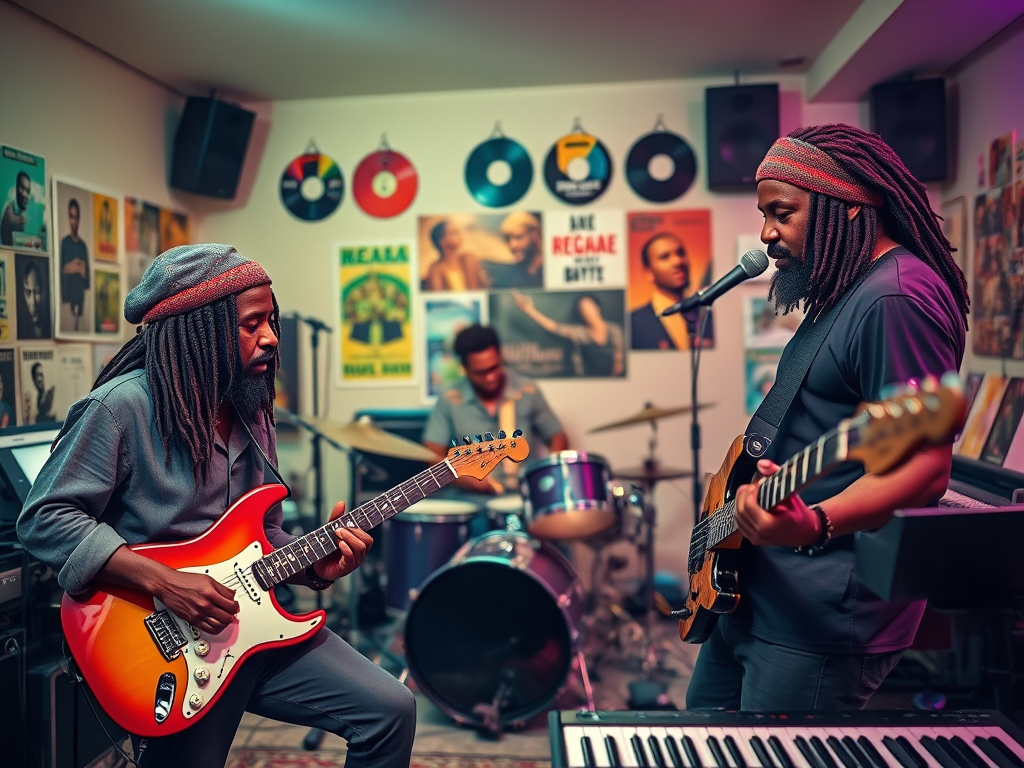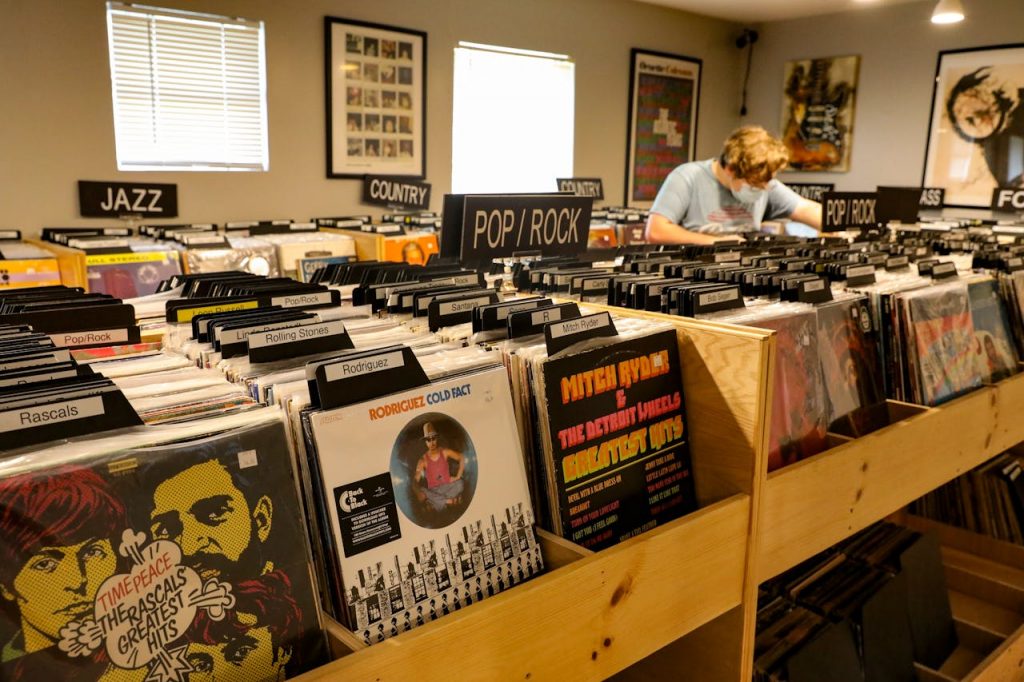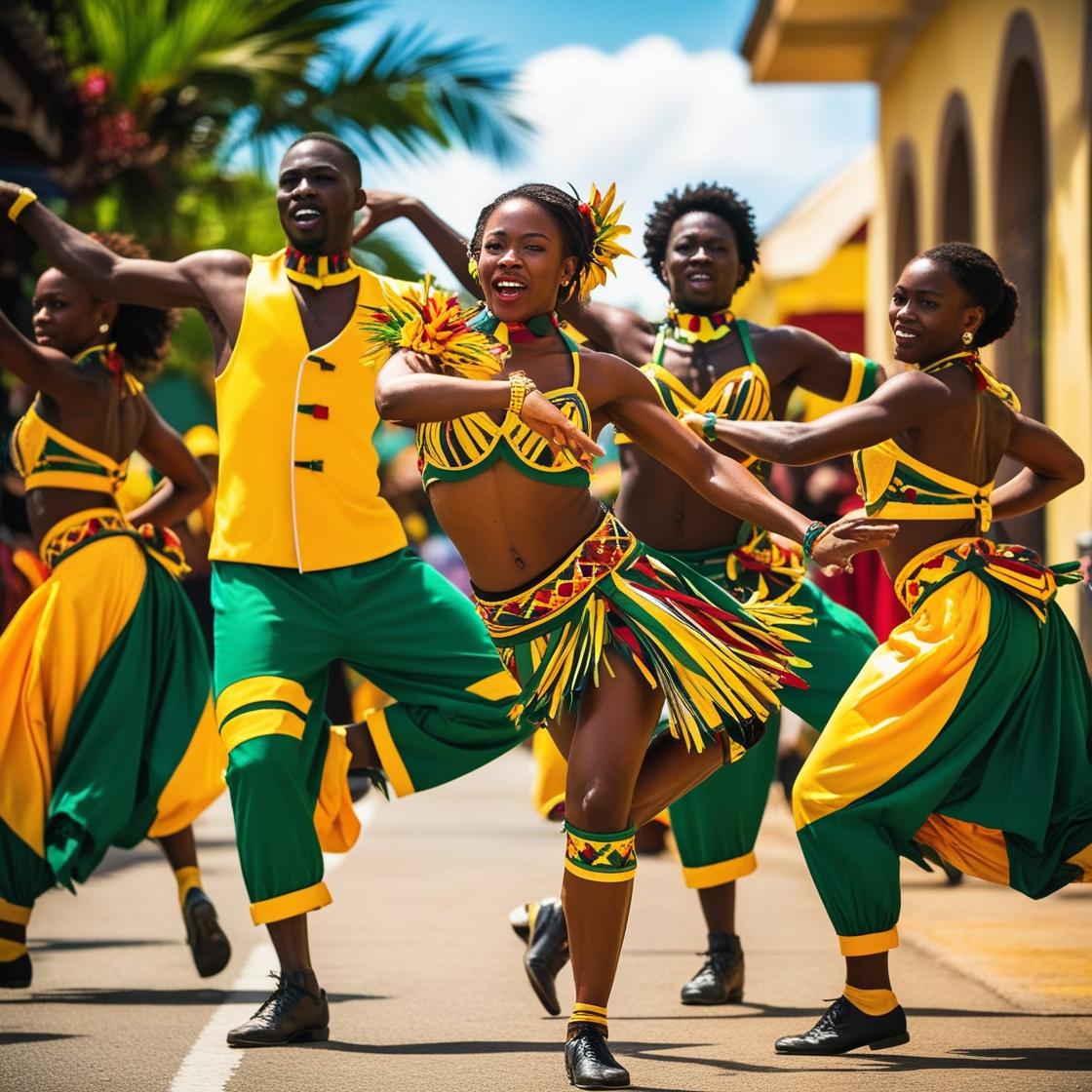
Street Dance
Street dance is an expressive art form that transcends boundaries, bringing communities together in vibrant unity. In Jamaica, this cultural powerhouse has become a symbol of identity and resilience. Known for its energetic rhythms and innovative moves, Jamaican street dance holds a special place in the hearts of many. This blog post examines what makes Jamaican street dance unique. It discusses its impact on the economy. It also highlights the importance of community support in nurturing this art form.
The Vibrant World of Jamaican Street Dance
Jamaican street party is a dynamic expression that pulsates with life and energy. It is deeply rooted in the country’s rich cultural heritage, drawing influences from reggae, dancehall, and African dance traditions. This unique blend of styles makes Jamaican street dance a captivating spectacle, celebrated both locally and globally.
Dancehall is a genre that originated in Jamaica in the late 1970s. It plays a pivotal role in shaping the street dance scene. Characterized by its infectious beats and bold lyrics, dancehall music provides the perfect backdrop for dancers to showcase their skills. It is not just a style of music but a way of life that inspires creativity and self-expression.
The Community Connection
Street party in Jamaica is more than just entertainment; it is a communal experience. Dance events and competitions are often held in local neighborhoods, bringing people together to celebrate their shared passion. This community connection fosters a sense of belonging. It encourages cultural exchange. Dancers learn from each other and grow collectively.
Jamaican Street Dance: A Boost to the Economy
Streetparty is not only a cultural phenomenon but also a significant contributor to Jamaica’s economy. The rise of Jamaican street dance has opened numerous opportunities for dancers, choreographers, and entrepreneurs. From local dance studios to international workshops, the economic impact of street dance is undeniable.
Employment Opportunities
The street dance industry provides employment for many Jamaicans, whether they are performers, instructors, or event organizers. Dance studios and schools have sprouted across the island, offering classes to locals and tourists alike. This growth in the industry has created jobs and improved the livelihoods of many individuals and their families.
Tourism and Cultural Exchange
Jamaican street dance attracts tourists from around the world who seek to experience the vibrant culture firsthand. Dance festivals and competitions, such as the annual Dancehall Championships, draw international visitors, boosting the local economy. This influx of tourists supports various sectors, including hospitality, retail, and transportation, contributing to Jamaica’s overall economic growth.
Global Influence and Partnerships
The global popularity of Jamaican street party has led to partnerships with international artists and organizations. These collaborations bring investment into the country and increase its cultural influence on a global scale. By promoting Jamaican street dance worldwide, the country strengthens its position as a cultural ambassador, fostering goodwill and understanding.
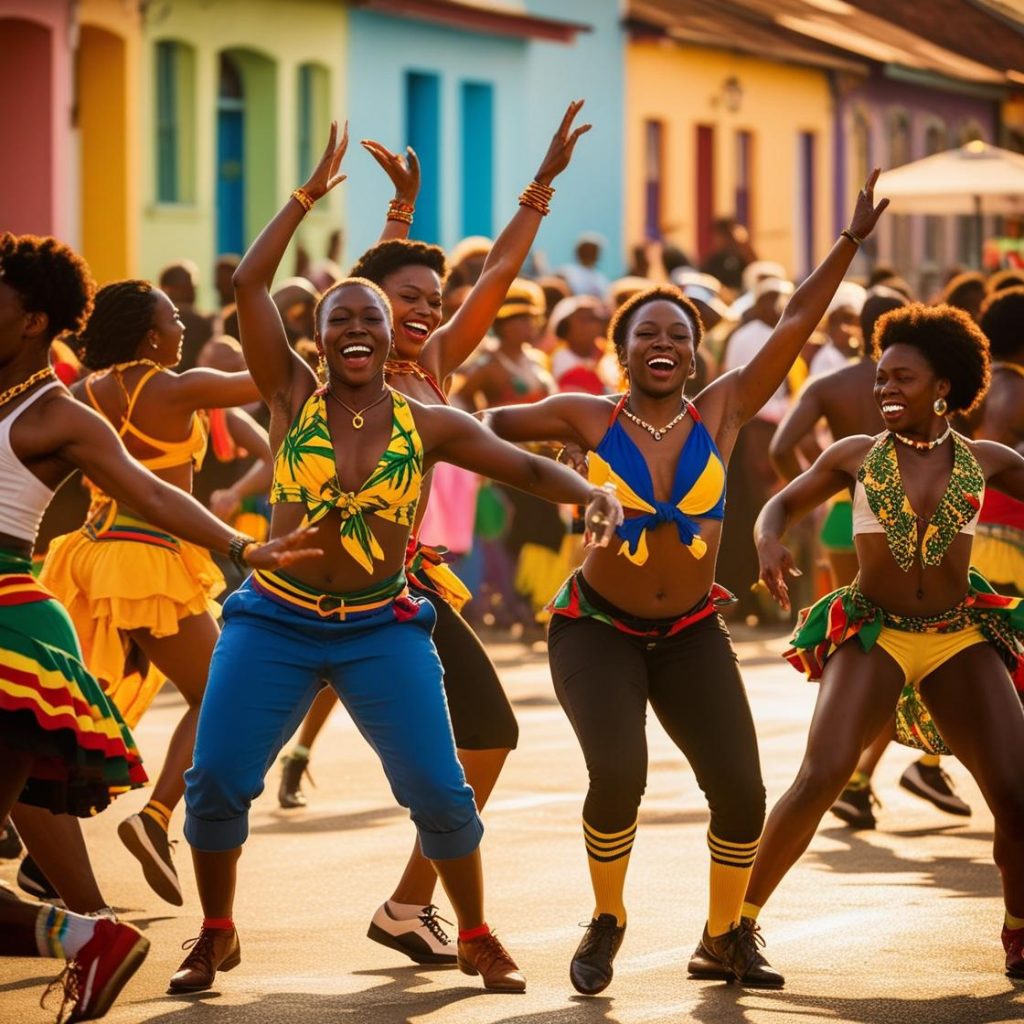
Street Party
The Importance of Community Support
Community support is crucial for the growth and sustainability of Jamaican street party. Local initiatives and collaborations help nurture young talent, providing them with the resources and guidance needed to succeed.
Youth Empowerment
Street dance is a powerful tool for youth empowerment in Jamaica. Many young people find a sense of purpose and identity through dance, developing skills that extend beyond the dance floor. Community programs and workshops offer mentorship and training, helping young dancers realize their potential and stay motivated.
Preserving Cultural Heritage
Supporting street party initiatives also plays a vital role in preserving Jamaica’s cultural heritage. By celebrating traditional dance styles and encouraging innovation, communities ensure that the art form continues to thrive for future generations. This preservation of culture enriches the lives of locals. It also enhances Jamaica’s unique identity on the world stage.
Community Events and Festivals
Local events and festivals are essential for maintaining the vibrancy of Jamaican road party. These gatherings provide a platform for dancers to showcase their talent and connect with their peers. When community members attend these events, they play an active role in the success. Supporting these events helps the growth of the street dance scene.
Conclusion: The Future of Jamaican Street Dance
Jamaican street party is a testament to the power of creativity and community. As it continues to evolve and gain recognition, its impact on culture and the economy will only grow stronger. However, the future of Jamaican street party relies heavily on the support of local communities and international enthusiasts.
Questions
- How can we further support young dancers in Jamaica to ensure the continued growth of street party?
- What role can international partnerships play in promoting Jamaican street party on a global scale?
- How can local communities better preserve and celebrate their cultural heritage through street party?
By considering these questions, we can work together to strengthen the vibrant world of Jamaican street dance. This ensures it remains an inspiring and unifying force for generations to come.

